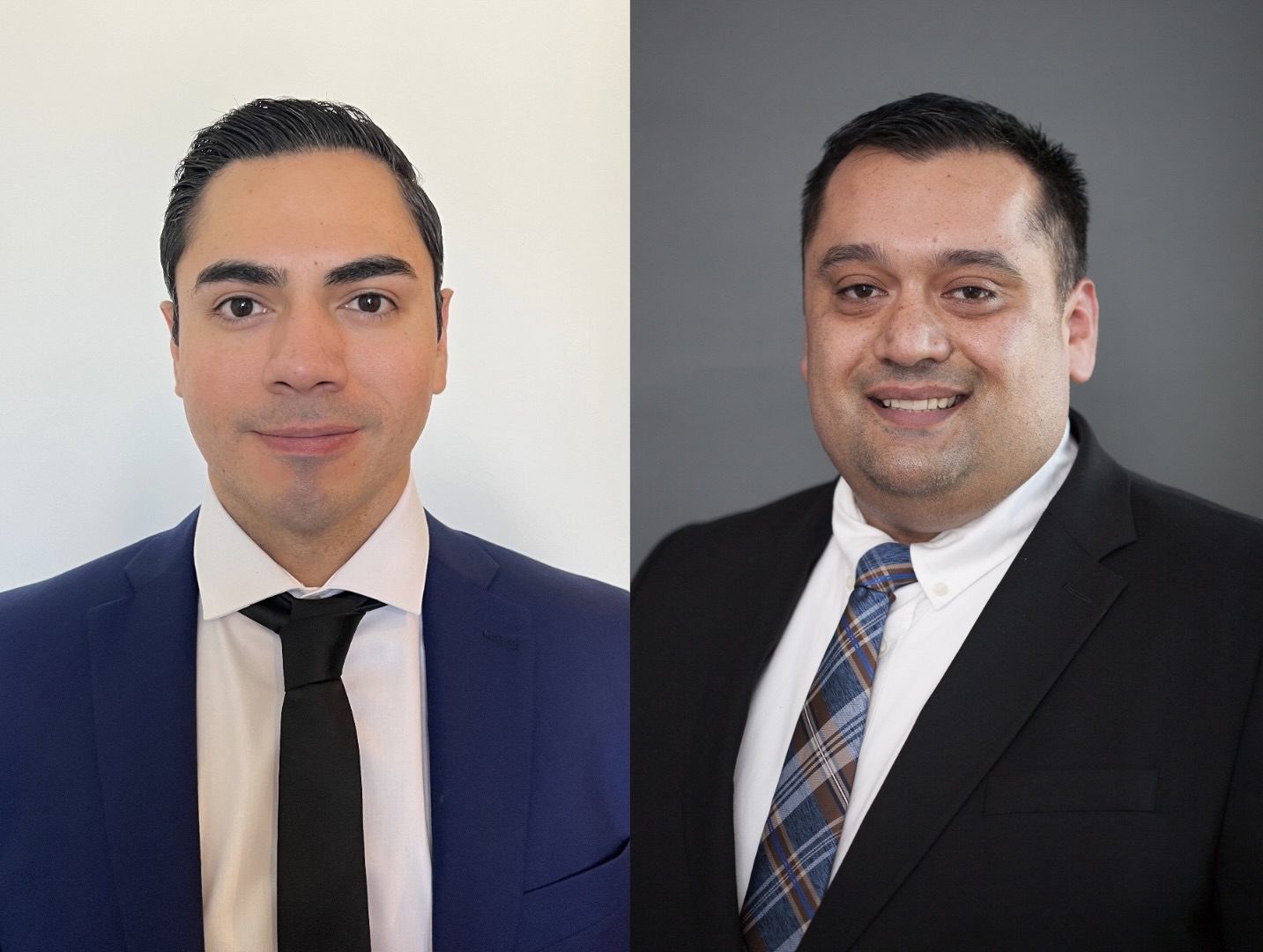Students Fill Gaps and Help Clients amid Rural Counties’ Legal Aid Shortages

Jacob Rivera ’26 and John De La Cruz ’25 used their legal skills to make a tangible difference for rural and Indigenous communities in Northern California. Their work, which included helping clients fight evictions, was part of UC Law SF’s Summer Fellowship Program, now in its third year.
While San Francisco is teeming with legal resources, most of Northern California contains vast rural stretches where legal help is out of reach for many residents. UC Law SF’s Summer Fellowship Program aims to bridge that gap, sending law students to provide critical legal services in underserved areas of the state.
Now in its third year and supported by donors to the College, the fellowship program places students with legal organizations that serve rural counties. The fellows take on a wide range of duties, from helping clients fight evictions to drafting proposed legislation and developing new tribal law precedents.
“The Summer Fellowship is designed to provide crucial legal services to Native American communities while addressing the need for more legal assistance in rural California,” said Associate Dean of Experiential Learning Gail Silverstein, who designed, set up and currently administers the program.
The program, in collaboration with the College’s Indigenous Law Center, is part of a broader array of restorative justice initiatives led by the College following a study of the actions of Serranus Hastings, and his involvement in mass killings of Native Americans.
“Law students are the next generation of lawyers, so it is important to actively involve them in restorative justice efforts,” said Jo Carrillo, professor and director of the Indigenous Law Center, who seeded the idea for the program.
Working under licensed attorneys, this year’s fellows tackled complex legal issues, advocated for vulnerable clients, and supported a court that resolves civil legal disputes in tribal territory.
Assisting Vulnerable Clients
Working with Legal Services of Northern California in Ukiah, Jacob Rivera ’26 helped an elderly woman fight eviction and remain in her home of over 30 years. Rivera worked with a supervising attorney to provide legal advice to multiple clients dealing with legal issues, such as keeping their housing, obtaining public benefits, and getting health care coverage.
“I learned that many people living in rural areas have limited access to justice,” Rivera said. “Many of the clients I worked with were elderly, disabled, or limited in income, and they were being exploited by bad-faith actors who knew they couldn’t afford an attorney or navigate the legal landscape.”
As president of the Indigenous and Native American Law Students Association at UC Law SF, Rivera said he is particularly passionate about using his legal skills to support Indigenous communities.
Advocating for Children and Families
John De La Cruz ’25 spent his summer with the California Tribal Families Coalition, focusing on federal Indian law and child welfare issues under the Indian Child Welfare Act (ICWA). His duties included legal research and writing, attending court hearings, and preparing presentations for tribal leaders. De La Cruz’s work primarily centered on protecting the rights of Native American children and ensuring their placement within their cultural and familial networks, as prescribed by ICWA.
De La Cruz said he was especially grateful to work on these issues when the California Supreme Court issued a pivotal ruling in August that affirmed the need for “thorough and culturally sensitive investigations” to determine a child’s Native American heritage in child welfare cases.
“Personally, this experience has strengthened my resolve to work in areas of law that advocate for social justice and the protection of vulnerable populations,” he said. “The work I did this summer reaffirmed my belief in the power of the law to effect meaningful change and the importance of ensuring that all communities, particularly those that have been historically marginalized, have access to justice.”
Developing Tribal Law
Another student worked with Judge Joseph Wiseman of the Tribal Court of the Round Valley Indian Tribes preparing memos, researching novel legal issues, and drafting orders and opinions. Wiseman’s law clerks are exposed to different methods for resolving disputes, such as restorative justice approaches rooted in the traditions of many Native American tribes. Because the tribal court is only about 10 years old, Wiseman said his law clerks also get to help shape new legal precedents.
“They have the opportunity to develop law,” Wiseman said. “Even lawyers don’t get that opportunity very often.”